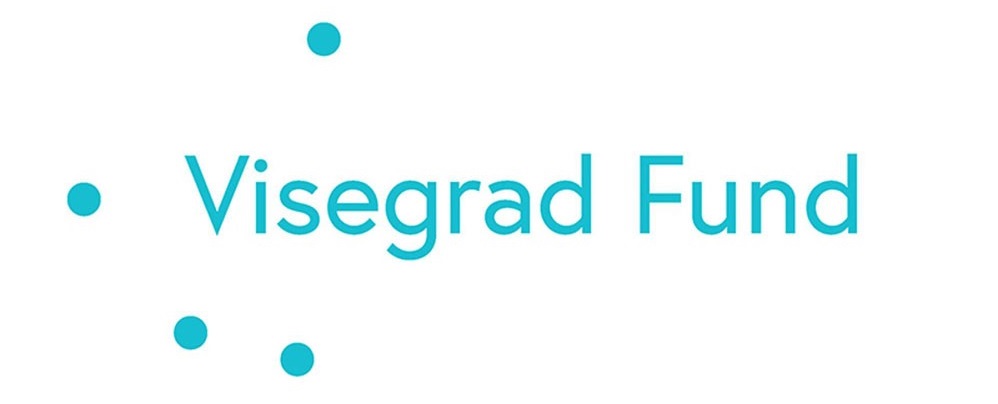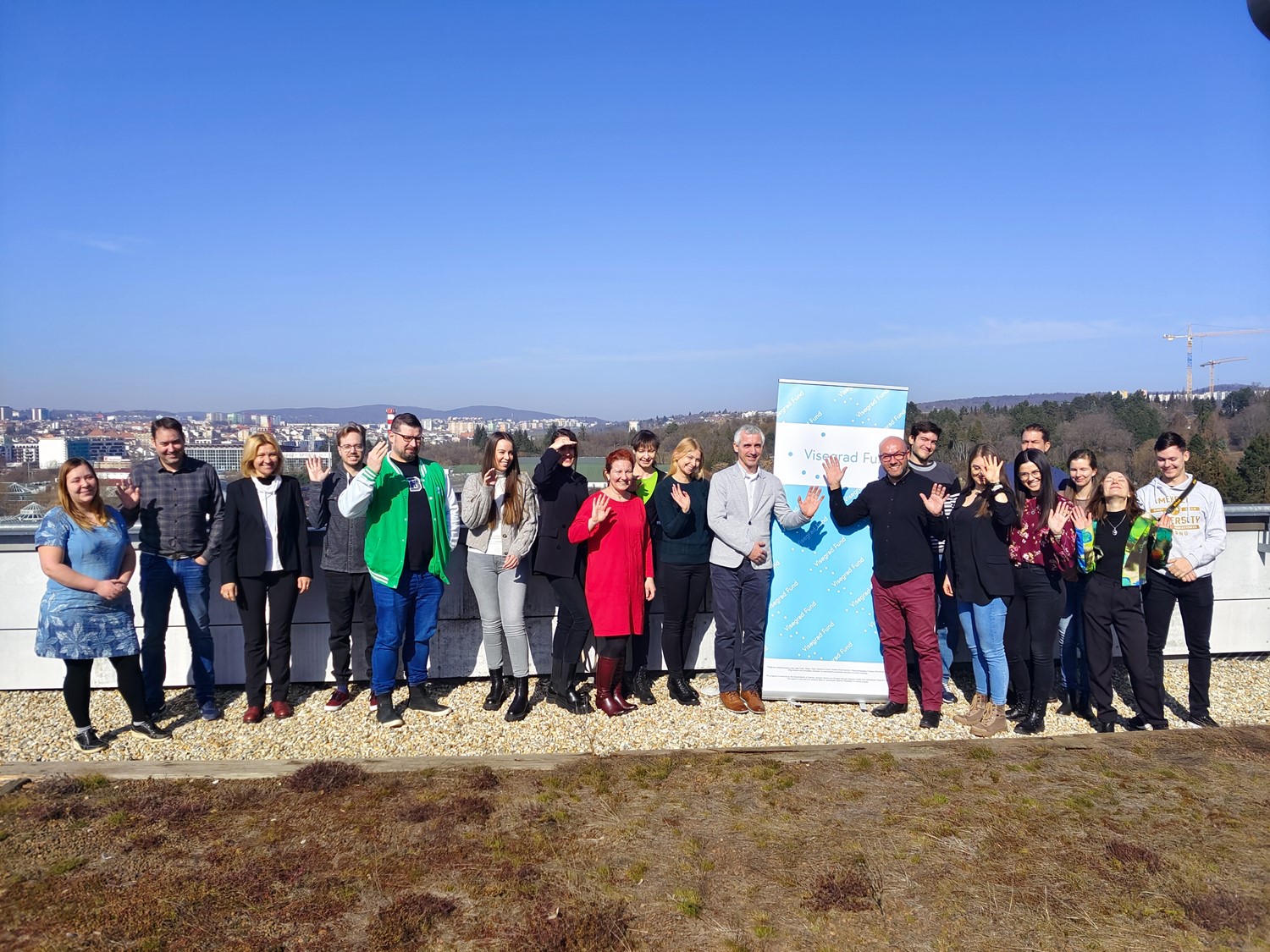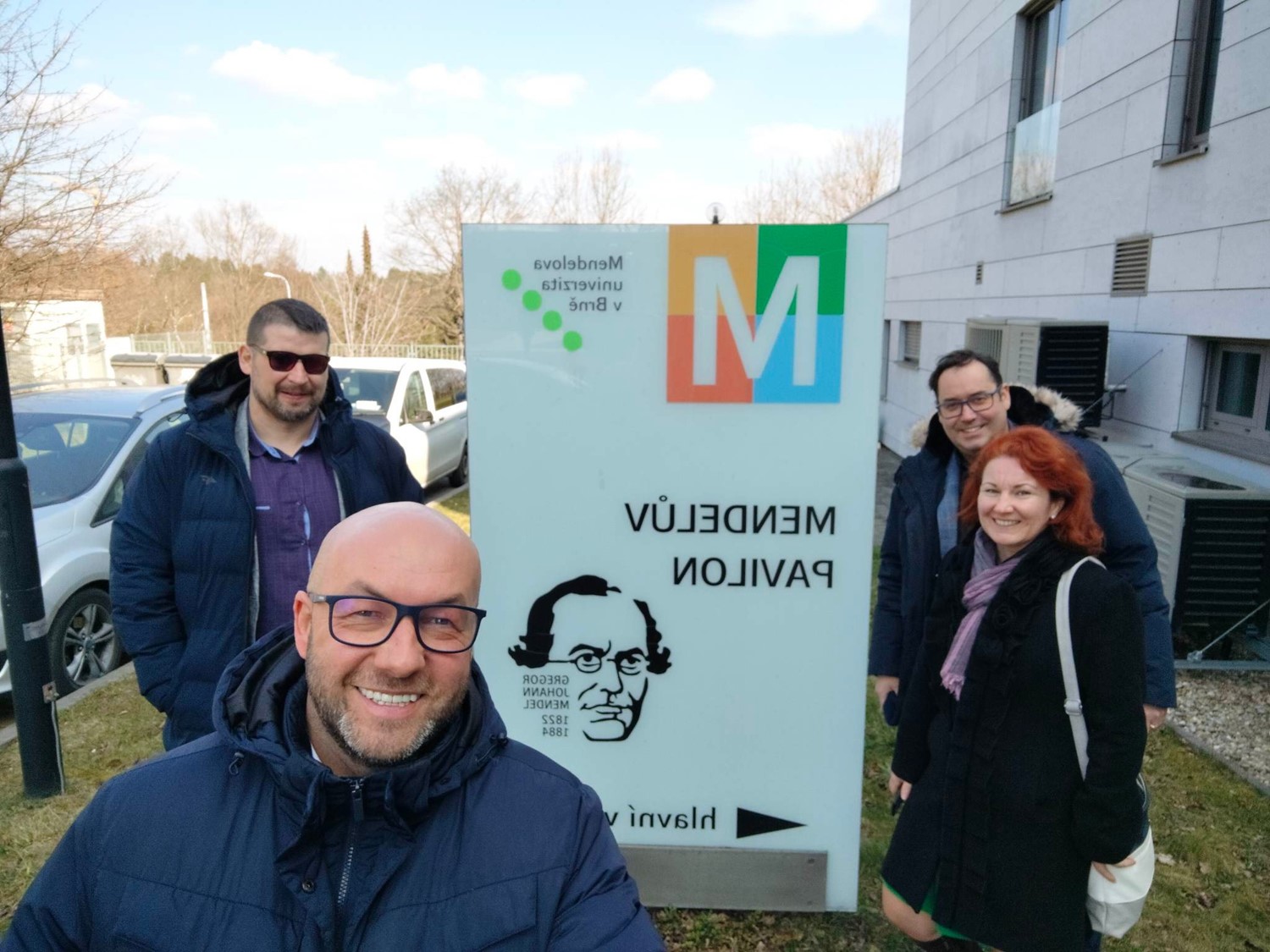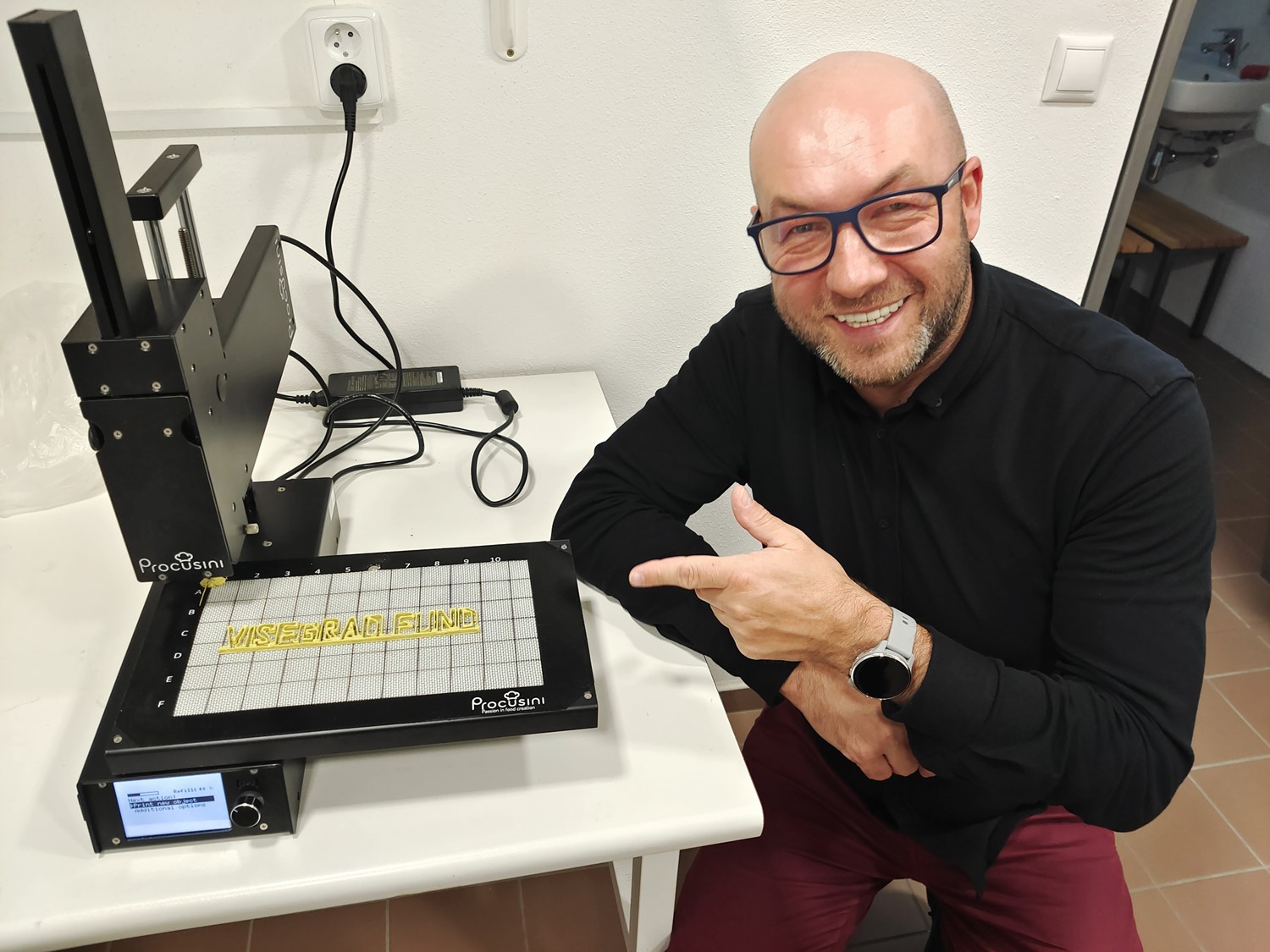
The 1st study visit within the international project “FOOD Quality in Digital Age” took place on February 27th – March 2nd at the Mendel University in Brno (Czech Republic). The event was attended by 10 PhD students and 12 scientists from Poland, Czech Republic, Slovakia, Hungary and Serbia.
In February this year five Universities (University of Life Sciences in Lublin, Poland – Consortium Leader, Mendel University in Brno, Czech Republic; University of Belgrade, Serbia; Slovak University of Agriculture in Nitra, Slovakia; Hungarian University of Agriculture and Life Sciences, Hungary) have initiated cooperation in the field of digital food quality evaluation methods that received funding from the Visegrad Fund under the Visegrad Grants scheme. The aim of this joint endeavor is to create a professional network of experts to facilitate the digital transformation in agriculture in general, and food production in particular, in the V4+ region (Visegrad countries and Serbia).
The first meeting at the Mendel University in Brno, Czech Republic was an official launch of the project. During this event the University of Life Sciences in Lublin was represented by:
- Bartosz Sołowiej – Project Coordinator,
- dr Maciej Nastaj,
- dr Jagoda Szafranska,
- mgr inż. Anna Krajewska (PhD student),
- mgr inż. Robert Waraczewski (PhD student).
The agenda of the 4 days study visit was very busy and offered the participants a wide variety of activities. After the opening, project-related meeting, the researchers not only took part in an annual Food Quality and Safety Conference and a training on the topic of “3D food printing” but also had a chance to network with regional stakeholders in the agri-food sector and visit a University Enterprise based in Lednice-Valtice complex.
The key part of the study visit was the training on the topic of “3D food printing” conducted by dr Soňa Hermanová from the Mendel University in Brno. The Host University puts great emphasis on researching the application of innovative technologies for the reuse of food waste as starting ingredients/materials for the production of new food products/edible coatings, in the service of sustainable development. Sharing their experience and knowledge with other project participants opened the doors for future joint endeavors, what was noticed and appreciated:
The visit gave an insight into the infrastructure of Mendel University with revealing the possibility of future connections and collaborations, proving the importance of onboarding events. Talking with other participants also proved invaluable to foreshadow future collaborations in terms of joint educational and research work and co-authored publications. Besides professional gains, the cultural impact of the event was also very positive. Dr Zoltán Kovács, MATE, Hungary
Food sustainability is a concept that has been attaining increasing attention in recent years. The reduction of industrial waste can be seen as a challenge, but also as an opportunity to innovate and develop new products and technologies, with economic and social benefits. The benefits for me are gaining new contacts, collaboration with young doctoral students, expansion of possibilities and cooperation in research, new analytical methods, and more. Katarína Poláková, University in Nitra, Slovakia
The “3D food printing” training contributed to the improvement of the participants’ qualifications and provided a wider (more holistic) approach to the subject of digital food quality evaluation. The participants learned about the principles of 3D food printing, the possible practical applications of this method and its future perspectives.
As part of the study visit, a networking meeting with the local/regional academic community and project stakeholders (e.g. food companies, farmers, business associations, etc.) was organized.
The participants had also a chance to visit a University Enterprise and the Faculty of Horticulture at Mendel University based in Lednice-Valtice complex (a UNESCO World Heritage Site), which is an institution with longest tradition of horticultural research and education in the Czech Republic
My biggest takeaway from the Brno even is the realization of how much our research fields overlap with the participants, how easy and seamless it is to connect our topics to potentially form something more than we individually would be able to. For that, of course, it was necessary to provide a medium to network and share our ideas, something which was excellently managed by our hosts and organizers. Since my research work is directly connected to digitalization, learning about 3D printing and other related modern techniques was a valuable addition to induce ideas and promote further brainstorming in favor of novel research in the future. Mátyás Lukács, MATE, Hungary
The first meeting within the project “FOOD Quality in Digital Age” left the participants motivated and excited about the upcoming events. In June 2023, they will take part in the 2nd study visit that will be organized in Budapest, Hungary by the Hungarian University of Agriculture and Life Sciences on the topic of Non-destructive analytical methods for food quality evaluation.

Photo gallery
More information about the project can be found here: https://up.lublin.pl/en/food-quality/
 The project is co-financed by the Governments of Czechia, Hungary, Poland and Slovakia through Visegrad Grants from International Visegrad Fund. The mission of the fund is to advance ideas for sustainable regional cooperation in Central Europe.
The project is co-financed by the Governments of Czechia, Hungary, Poland and Slovakia through Visegrad Grants from International Visegrad Fund. The mission of the fund is to advance ideas for sustainable regional cooperation in Central Europe.
University of Life Sciences in Lublin
13 Akademicka Street, 20-950 Lublin
VATIN 712 010 37 75
REGON no. 000001896
ePUAP: /UP-Lublin/SkrytkaESP




